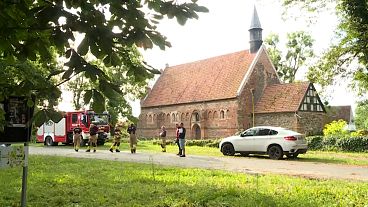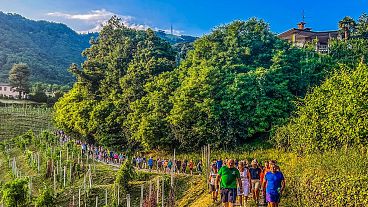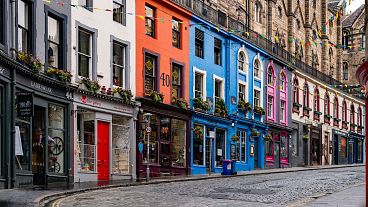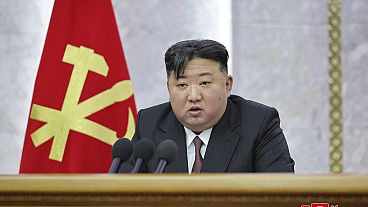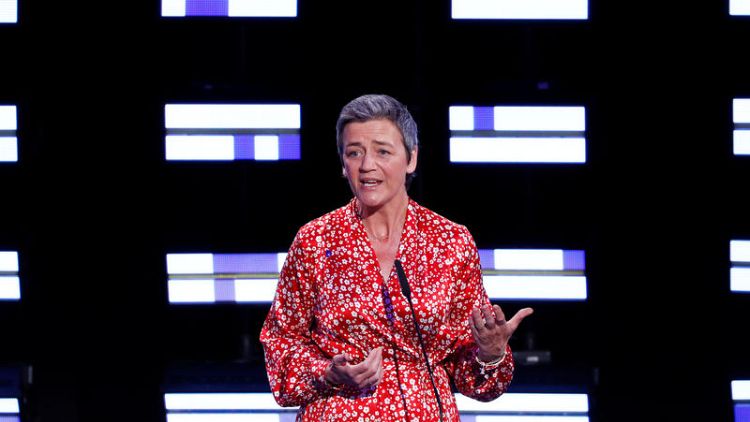BRUSSELS (Reuters) - National parties in the newly elected European Parliament line up in pan-EU groups. These are in some flux following the vote, especially on the eurosceptic right, but in the outgoing legislature the eight groups were:
EUROPEAN PEOPLE'S PARTY (EPP - 180 seats in new legislature)
Lead candidate: Manfred Weber, 46, German, EPP parliamentary leader
Centre-right: favours free trade and business
Notables: German Chancellor Angela Merkel; outgoing European Commission chief Jean-Claude Juncker; Italian ex-premier Silvio Berlusconi; Polish EU summit chair Donald Tusk; Hungarian leader Viktor Orban, who is at risk of being expelled for anti-EU nationalism.
SOCIALISTS AND DEMOCRATS (S&D - 146 seats)
Lead candidate: Frans Timmermans, 58, Dutch, deputy head of European Commission, former foreign minister
Centre-left: favours worker's rights, minimum corporate tax
Notables: Spanish Prime Minister Pedro Sanchez; Italian ex-premier Matteo Renzi; Swedish and Portuguese premiers.
ALLIANCE OF LIBERALS AND DEMOCRATS (ALDE - 109)
Lead candidates include: Margrethe Vestager, 51, Danish, EU antitrust commissioner, former economy minister; Guy Verhofstadt, 66, Belgian, ALDE leader, former prime minister
Liberal centre: favour free trade, stronger EU integration
Notables: French President Emmanuel Macron, though he is yet to formally link to ALDE; Dutch Prime Minister Mark Rutte; premiers of Belgium, Denmark, Finland, Luxembourg, Estonia
GREENS (69)
Lead candidates: Ska Keller, 37, German, MEP since 2009; Bas Eickhout, 42, Dutch, MEP since 2009
Ecology: left-leaning, seek clean energy and environment
Notables: no national leaders; EU party leader, veteran Belgian MEP Philippe Lamberts; one high-profile government figure was Joschka Fischer, German foreign minister 1998-2005
EUROPEAN CONSERVATIVES AND REFORMERS (ECR - 59)
Lead candidate: Jan Zahradil, 55, Czech, MEP since 2004
Eurosceptic: founded in 2009 when British Conservative leader David Cameron quit EPP to oppose deeper EU integration
Notables: Polish ruling party leader Jaroslaw Kaczynski; Flemish nationalist N-VA leader Bart de Wever; Jimmie Akesson of anti-immigration Sweden Democrats; and -- for this week at least -- British Prime Minister Theresa May
EUROPE OF NATIONS AND FREEDOM (ENF - 58)
No lead candidate; expect group to reshuffle after election
Anti-immigration: founded in 2015 by French National Rally's Marine Le Pen and Dutch Freedom Party's Geert Wilders
Other notables: Matteo Salvini, Italian deputy premier from The League, biggest far-right party in new Parliament
EUROPE OF FREEDOM AND DIRECT DEMOCRACY (EFDD - 54)
No lead candidate; expect group to reshuffle after election
Anti-EU: formed in 2014 by Nigel Farage, then leader of UK Independence Party, now of the Brexit Party; key ally Italy's 5-Star expected to shift to more centrist group after election
Other notables: Italian deputy premier Luigi Di Maio of 5-Star; Joerg Meuthen, co-leader of Alternative for Germany
EUROPEAN UNITED LEFT (GUE - 39)
Lead candidates: Nico Cue, 62, Belgian, trade union leader; Violeta Tomic, 56, Slovenia, actor, Slovenian parliamentarian
Far left: anti-austerity, want more spending, trade control
Notables: Greek Prime Minister Alexis Tsipras
(Reporting by Alastair Macdonald @macdonaldrtr; Editing by Catherine Evans)

